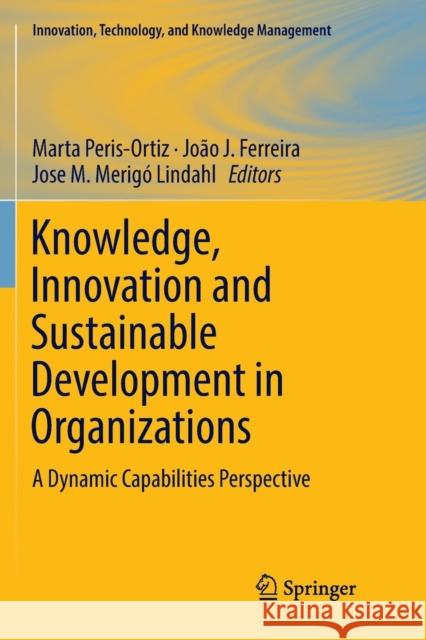Knowledge, Innovation and Sustainable Development in Organizations: A Dynamic Capabilities Perspective » książka
topmenu
Knowledge, Innovation and Sustainable Development in Organizations: A Dynamic Capabilities Perspective
ISBN-13: 9783030090951 / Angielski / Miękka / 2019 / 261 str.
Knowledge, Innovation and Sustainable Development in Organizations: A Dynamic Capabilities Perspective
ISBN-13: 9783030090951 / Angielski / Miękka / 2019 / 261 str.
cena 484,18
(netto: 461,12 VAT: 5%)
Najniższa cena z 30 dni: 462,63
(netto: 461,12 VAT: 5%)
Najniższa cena z 30 dni: 462,63
Termin realizacji zamówienia:
ok. 16-18 dni roboczych.
ok. 16-18 dni roboczych.
Darmowa dostawa!
Kategorie:
Kategorie BISAC:
Wydawca:
Springer
Seria wydawnicza:
Język:
Angielski
ISBN-13:
9783030090951
Rok wydania:
2019
Wydanie:
Softcover Repri
Numer serii:
000381722
Ilość stron:
261
Waga:
0.38 kg
Wymiary:
23.39 x 15.6 x 1.45
Oprawa:
Miękka
Wolumenów:
01
Dodatkowe informacje:
Wydanie ilustrowane











